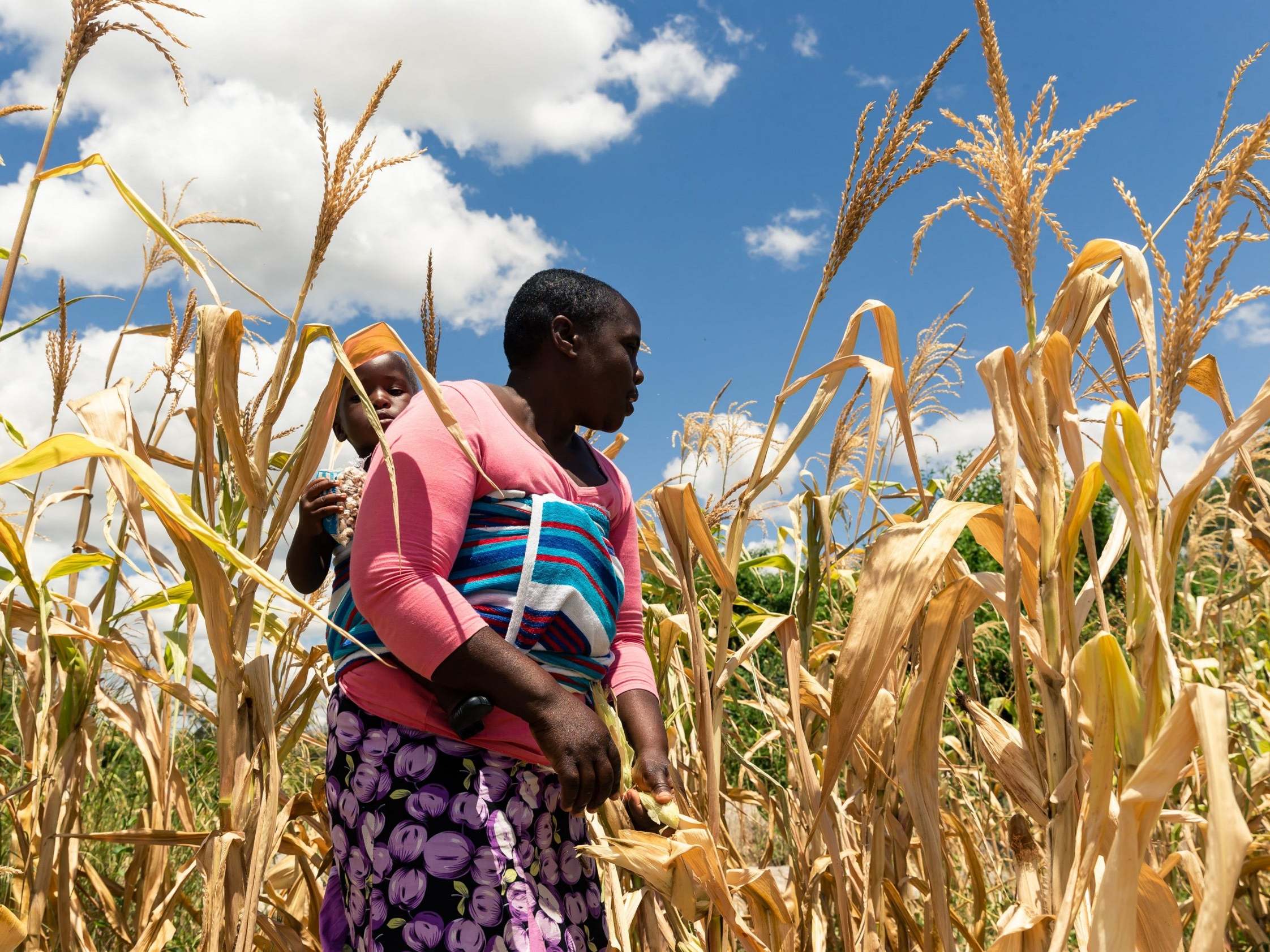Zimbabwe on brink of ‘man-made starvation’, UN says
‘The majority of the children I met were stunted and underweight,’ says special rapporteur after 11-day visit

Your support helps us to tell the story
From reproductive rights to climate change to Big Tech, The Independent is on the ground when the story is developing. Whether it's investigating the financials of Elon Musk's pro-Trump PAC or producing our latest documentary, 'The A Word', which shines a light on the American women fighting for reproductive rights, we know how important it is to parse out the facts from the messaging.
At such a critical moment in US history, we need reporters on the ground. Your donation allows us to keep sending journalists to speak to both sides of the story.
The Independent is trusted by Americans across the entire political spectrum. And unlike many other quality news outlets, we choose not to lock Americans out of our reporting and analysis with paywalls. We believe quality journalism should be available to everyone, paid for by those who can afford it.
Your support makes all the difference.Zimbabwe is “on the brink of man-made starvation”, the UN has warned, with nearly millions of people facing food insecurity and nine in 10 babies and toddlers not getting enough to eat.
Infants are also suffering malnutrition because breastfeeding mothers cannot find enough food, officials said.
“School drop-outs, early marriage, domestic violence, prostitution and sexual exploitation are on the rise” throughout the country , said Hilal Elver, a UN special rapporteur, on Thursday. Women and even children resort to coping mechanisms “that violate their most fundamental human rights”, she said.
She added: “The majority of the children I met were stunted and underweight. More than 60 per cent of the population of a country once seen as the breadbasket of Africa is now considered food-insecure, with most households unable to obtain enough food to meet basic needs due to hyperinflation.”
With inflation currently at about 490 per cent, people sometimes cannot buy food even if it is available, Ms Elver found.
Hundreds of thousands of people in urban areas also lack access to safe water, the investigator said following an 11-day visit to Zimbabwe.
Unstable weather, economic problems and land mismanagement by government have contributed to the problems, she found.
An unnamed government official told Ms Elver that “food security is national security”.
The special rapporteur also called on the international community to end economic sanctions on Zimbabwe – something president Emmerson Mnangagwa has also advocated.
“Sanctions ... have hampered every single sector of our economy,” he tweeted last month. “The claim they are targeted is simply not true when banks and entire sectors are cut off from funding. The average Zimbabwean pays the heaviest price.”
The US, which imposed the sanctions, says they target entities and individuals – including Mr Mnangagwa – over rights abuses, not the country at large.
Join our commenting forum
Join thought-provoking conversations, follow other Independent readers and see their replies
Comments